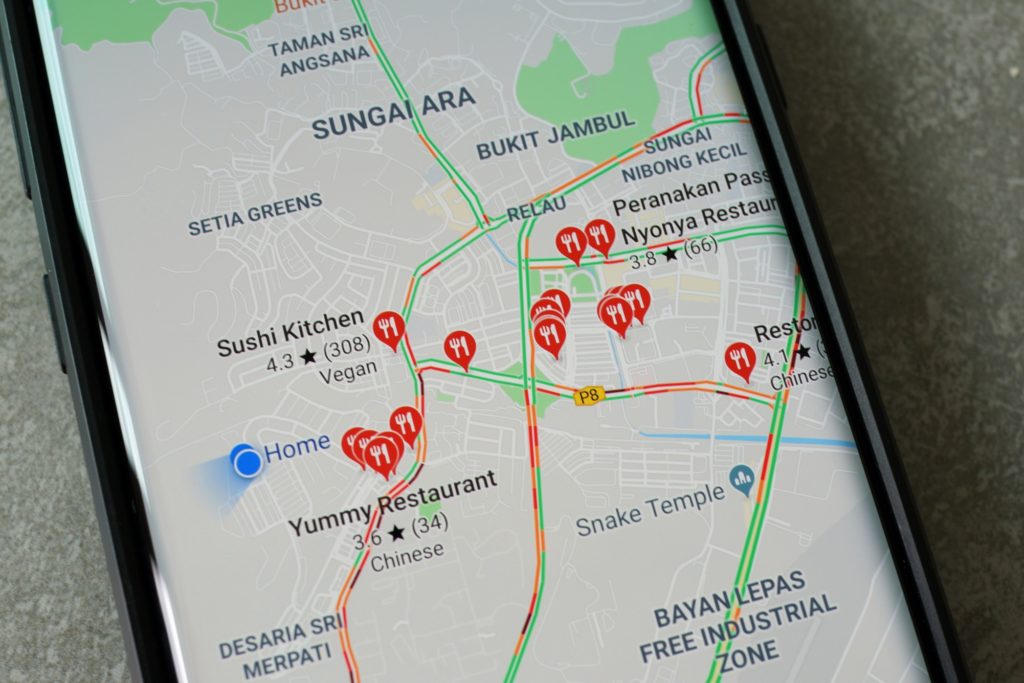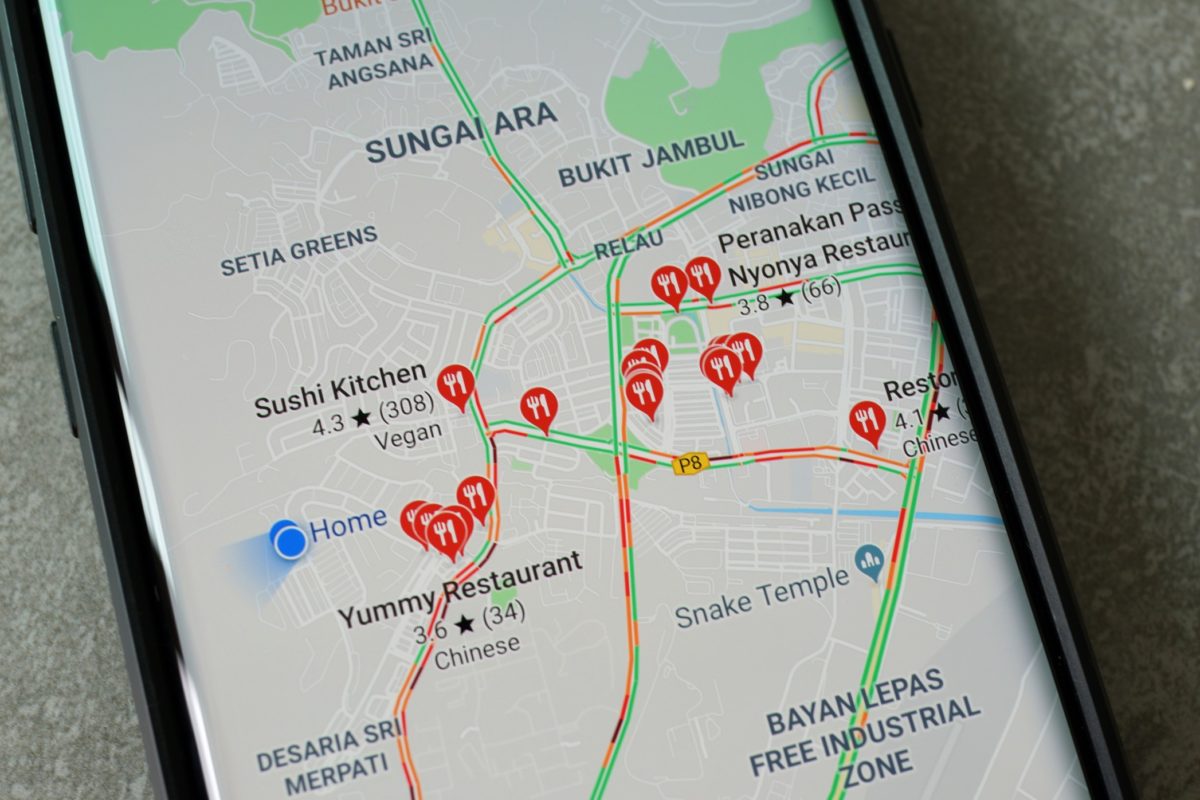We live in a golden age for map and listings nerds. Google Maps and its counterparts from competitors like Apple and Microsoft/Bing have transformed mapping, while customers find out about local businesses through user-generated listings services such as Yelp and TripAdvisor. As mapping and listing services converge (thanks to Google Maps’ efforts to expand reviews and Yelp’s mobile-first strategy), local information services are dealing with two common problems: disinformation and misinformation.
Disinformation (deliberately misleading information) and misinformation (unintentionally misleading information) in maps and listings can be as innocuous as incorrect business hours or as serious as competitors or unhappy customers slandering businesses. Combating incorrect information on their services — and thus preserving user and community trust — requires significant resource investment from Yelp, Google Maps, TripAdvisor, Facebook, and others.
In a February 2020 blog post, Google Maps Director of Product Management Kevin Reece revealed that the service removed more than 75 million policy-violating reviews and 4 million fake business profiles in 2019 alone. While the total number of business profiles on Google Maps is unclear (Google Maps includes both “official” Google My Business listings, which business owners have access to and unclaimed, automatically-generated business pages), the total number of review and business profiles issues in 2019 poses a significant challenge in terms of volume. Reece pointed out that in order to combat misleading information on its platform, Google Maps uses a combination of automated systems and human operators and analysts who audit reviews, photos, business profiles, and other types of content.

For small business owners and franchise operators, inaccurate information online can be a major barrier. Large and midsize businesses typically have internet-savvy marketing teams and/or digital agencies that both promote their offerings and manage their digital presences. Neighborhood pizzerias and dry cleaners, by contrast, largely depend on foot or car traffic and word of mouth to build their businesses. And to make things worse, internet-savvy bad actors can easily place fake listings online that steer customers away from local businesses and towards con artists.
My neighborhood pizzeria might make a delicious pie, but odds are good they don’t have experience notifying Facebook that it’s listing the wrong address for their business or alerting Google that a user accidentally uploaded a photo of their competitor’s less-delicious pizza (complete with the competitor’s pizza box) to their listing. This constitutes a knowledge gap that harms small businesses disproportionately to larger ones.
In its more dangerous manifestations, online disinformation can defraud customers and endanger local businesses. An extensive 2019 investigation by Rob Copeland and Katherine Bindley of the Wall Street Journal found millions of fake business listings on Google Maps, many of which were placed to capture vulnerable customers. The WSJ’s article alleges that, at the time of writing, the majority of Google Maps listings for contractors, electricians, towing and car repair services, movers, and lawyers weren’t actually located at their pushpins on the service.
“In its more dangerous manifestations, online disinformation can defraud customers and endanger local businesses.”
At the same time, overbroad policies towards disinformation can harm customers and platforms. Plenty of business owners are more than happy to flag true-but-critical reviews of their business as “disinformation,” and overly strict content moderation policies lead to platforms that lack enough information for customers to make informed choices.
Because disinformation and misinformation exist on a continuum, finding policies to combat untrue information about local businesses on platforms requires creative thinking — both on the parts of the businesses themselves, platforms, and society at large. A disgruntled ex-employee posting rants about their former workplace on Instagram might be the result of a personal grudge, but it could harm another person’s livelihood. Dishonest internet marketers who blackmail small businesses by threatening to destroy their SEO with lookalike listings that steer customers to competitors can befuddle local police departments, but it does happen. Combating these problems will be a long-term, continuing challenge whose strategies will evolve over time.
